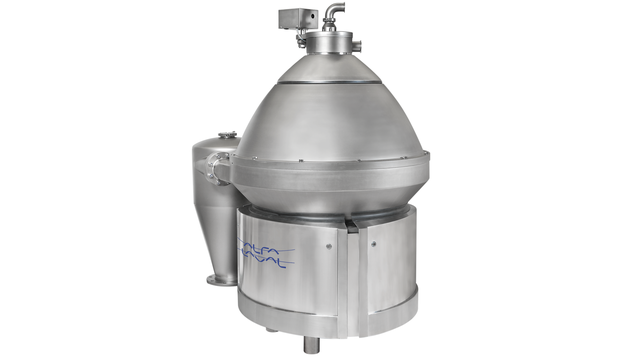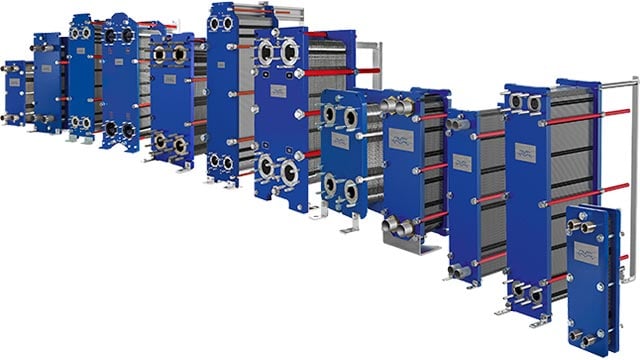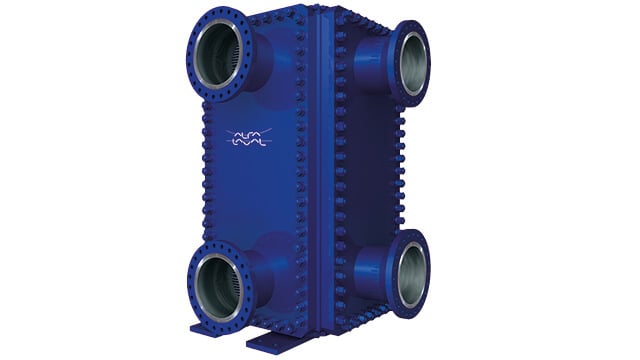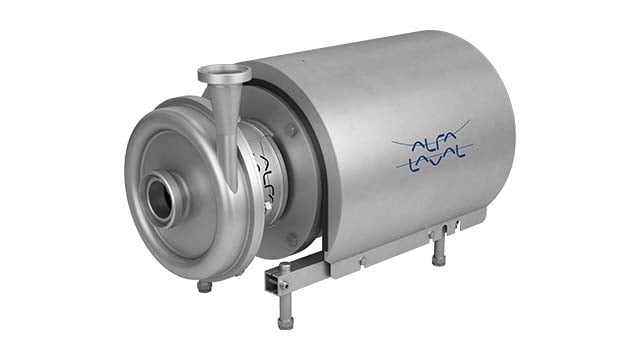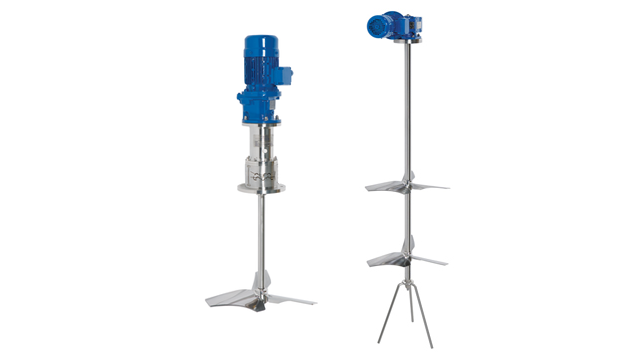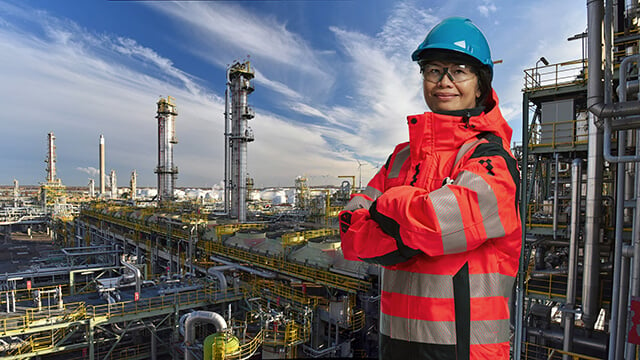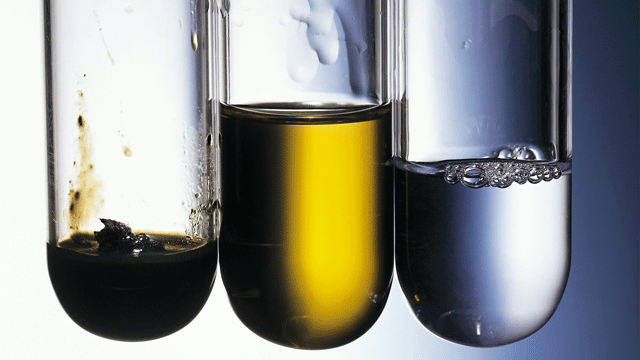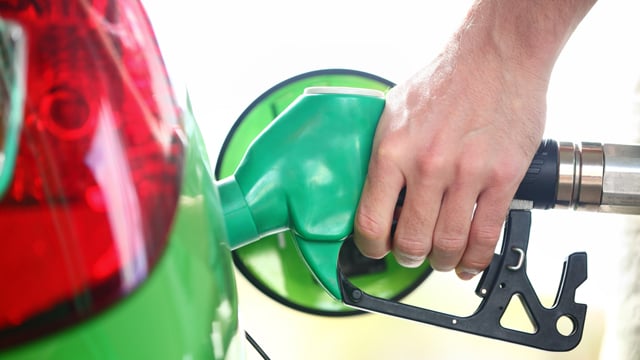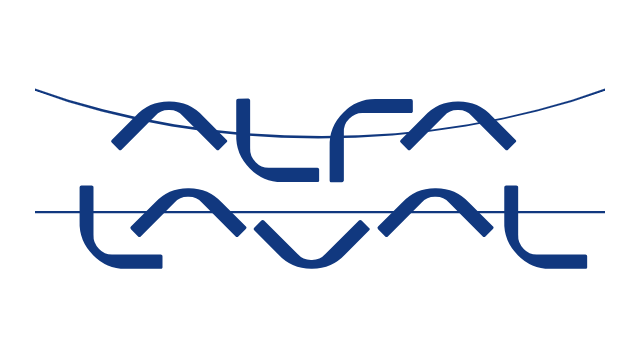HVO pretreatment systems
Increasing demand for hydrotreated vegetable oil (HVO) calls for proven, reliable processes. Renewable fuel producers can rely on comprehensive Alfa Laval HVO pretreatment systems to produce renewable diesel and sustainable aviation fuels from the widest range of fats and oils, including recycled animal fat and used cooking oils. Our robust, proven solutions produce feedstock free from impurities, maximising your feedstock yields and reducing unplanned operational downtime.
Your trusted partner for HVO pretreatment
- Flexible pretreatment systems that can process the widest range of feedstocks available now and in the future
- High yields of high-quality pretreated fats and oils
- Maximum availability of your HVO units by minimising unplanned downtime
- Leading technologies for wastewater treatment and water recycling
- Global service network with local presence
Our expert advisors are with you at every stage of the HVO pretreatment journey, from prepurchase, to design and delivery, ongoing monitoring and servicing. Alfa Laval has a deep understanding of hydroprocessing oils and fats into renewable fuels based on decades of experience with pretreatment systems for edible oil and petroleum refining. Alfa Laval HVO pretreatment systems are optimized to remove impurities and reduce clogging, helping to prolong the lifespan of the hydrotreating catalyst and maximising your ROI.
Based on proven edible oil refining and petroleum refining technologies, our reliable HVO pretreatment systems optimize stand-alone facilities for HVO production, as well as oil refineries converted into HVO production facilities.
Renewable fuels production
Find out how smart design choices can help improve sustainability and profitability in plants producing renewable diesel.
Як це працює
Physical refining process or chemical refining process
Alfa Laval biofuel pretreatment systems include both physical refining processes and chemical refining processes. For HVO the preferred process is physical refining, involving special degumming and/or enzymatic degumming, adsorption, and deacidification (if required). The chemical refining process is mainly used in pretreatment of traditional biodiesel (fatty acid methyl esters), where Alfa Laval also has a vast experience.
Removal of phosphorous and trace metals
To remove phosphorous and trace metals, the fats and oils (tallow, soy, rapeseed, distillers, corn oil, etc.) as well as recycled animal fat and used cooking oils undergo degumming with acid treatment (citric or phosphoric acid), and washing and adsorption using bleaching clays or similar with Alfa Laval high speed separators and plate heat exchangers.
Chloride removal
Chlorides, if present, are removed at the front-end of the process by water washing and onward processing in Alfa Laval high speed separators and plate heat exchangers.
Polyethylene removal
Polyethylene, if present such as in some tallow qualities, can be removed by crystallization and filtration.
Fatty acid removal
In some cases, the fatty acid content must be limited to eliminate the risk of corrosion due to metallurgy in the HVO section. This can be achieved by co-processing a blend of feedstocks, if needed, as well by steam stripping the oil under vacuum conditions using an Alfa Laval Aalborg High Pressure Natural Circulation boiler, welded and gasketed plate heat exchangers and an Alfa Laval stripping column.
Key components used in the HVO pretreatment systems
Області застосування
Сервісні послуги
Food system services
Alfa Laval Food system services help extend the performance of your food systems by maximizing the performance of your processes. This enables you to:
- Continually improve your operations to maintain competitive advantage
- Focus on uptime, optimization and availability
- Maximize return on investment throughout the life cycle of your food systems


